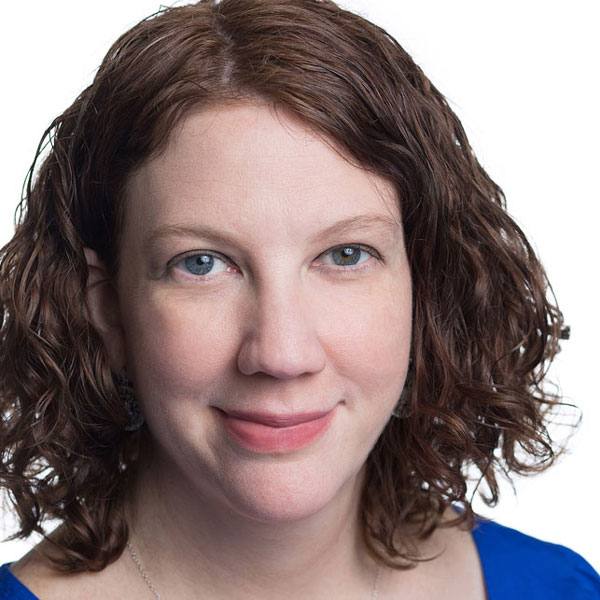A Philadelphia School District teachers' group has planned six days of action this week, encouraging educators to introduce optional curriculum and activities - from "The Revolution Is Always Now" coloring pages for very young students to a science lesson about the biology of skin color for older ones.
"This is a critical issue of our time - in our society, but also in our students' lives," said Charlie McGeehan, an English and history teacher and member of the Caucus of Working Educators, an activist group within the Philadelphia Federation of Teachers. "It's important for us to dive in."
That's not a universal sentiment.
Christopher Paslay, an English teacher at Swenson Arts and Technology High School, said he's unequivocally for equal rights and justice for all of his students, regardless of race.
But he takes issue with the Black Lives Matter movement and thinks it has no place in Philadelphia classrooms.
"It challenges nuclear families, and our justice system," Paslay said. "I don't think kids should be taught that Western society is perpetrating a war on black people."
The lessons are not mandatory, and in fact not sponsored or sanctioned either by the school system or the PFT. It's up to individual teachers whether they participate and how, from wearing T-shirts to engaging students in lessons.
That the material may be controversial - even objectionable - to some is not lost on the group, which has encouraged participants to share plans with parents.
The movement has become a shorthand for antipolice sentiment, a notion McGeehan rejects.
"We all deserve fair but critical treatment," said McGeehan, who teaches at the U School, a high school in North Philadelphia. "I don't think that Black Lives Matter is antipolice."
John McNesby, president of FOP Lodge 5 in Philadelphia, said he wasn't a fan of the idea.
"We don't agree with it," he said. "We think there's a lot better subjects that could be taught."
But, McNesby said, he didn't want to make too much of it.
"I don't think many people pay attention to that group," he said of the caucus.
Paslay said he didn't know of any teachers planning Black Lives Matter lessons, and said he thought it was a "fringe thing, but attracting a lot of headlines."
The organizers want teachers to think about lessons based on the 13 tenets of the Black Lives Matter movement, from empathy and diversity to transgender affirming and unapologetically black.
They're all important themes in a district where the majority of students are black and brown, McGeehan said. (In Philadelphia, 51 percent of pupils in district schools are black and 21 percent are Latino, according to the district.)
"We have to validate our students' experiences," McGeehan said. "Many of my students have had negative experiences with police officers. To ignore that is to deny their reality in a way that doesn't make sense."
The caucus is stressing that lessons should be developmentally appropriate; it has offered curriculum resources for elementary and secondary students. Members say the themes can easily be incorporated into Common Core standards.
For teachers unsure how to handle the subject of race, the caucus notes that "issues of race are already present in your classroom," event organizers wrote.
"You can raise awareness about this omnipresent aspect of our society without triggering conflict or anxiety in your students," they wrote in organizing materials.
Tamara Anderson, a parent and associate member of the caucus, said Philadelphia's event was inspired by a recent action in Seattle, when thousands of teachers wore T-shirts and taught lessons as a way to promote racial equity in education.
In Philadelphia, the organizers used the Martin Luther King's Birthday holiday as a kickoff. They held a happy hour to bring participants together, and plan not just events during the school day but also extracurricular activities - a parent forum, a film screening.
"We need to have these difficult conversations around bias," said Anderson, whose child attends Hill-Freedman World Academy.
Anderson expects that some families, and some students, may not agree with the movement. It's OK that people are uncomfortable, she said.
"There's a lot of things I don't support for my own child," Anderson said. "But I know for a fact that my daughter is more of a well-rounded person because she is pushed to ask questions."
Organizers said they did not have an exact number of teachers who planned to participate.
H. Lee Whack Jr., a schools spokesman, said the caucus' work is not part of the district's curriculum.
"However, the district encourages teachers to responsibly engage students around pertinent issues to develop critical thinking skills and a respect for the exchange of ideas," Whack said in a statement. "The district regularly encourages schools to look to current-event topics for appropriate teaching content that is also aligned with grade-appropriate standards."
The PFT cannot promote any activity of any caucus within the union, spokesman George Jackson said.







No comments:
Post a Comment